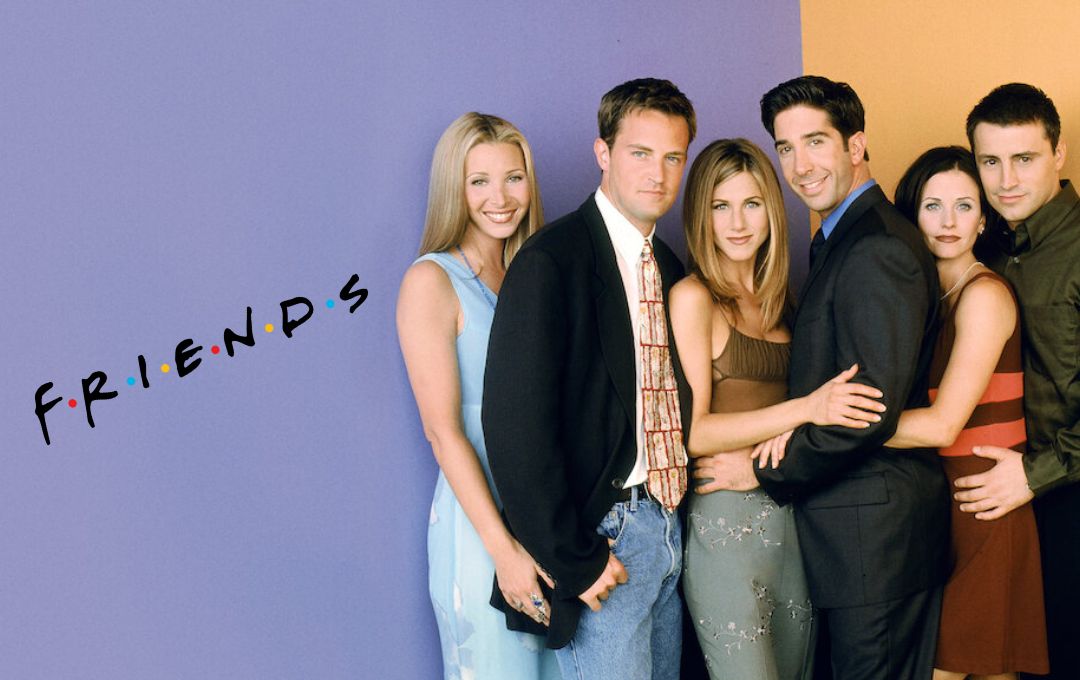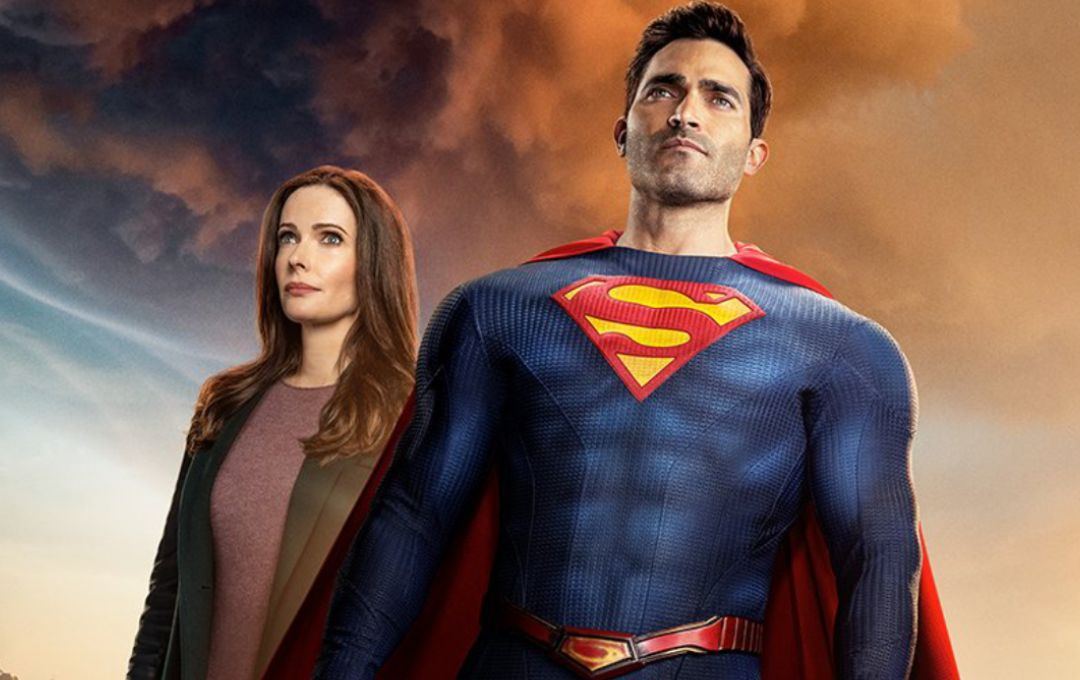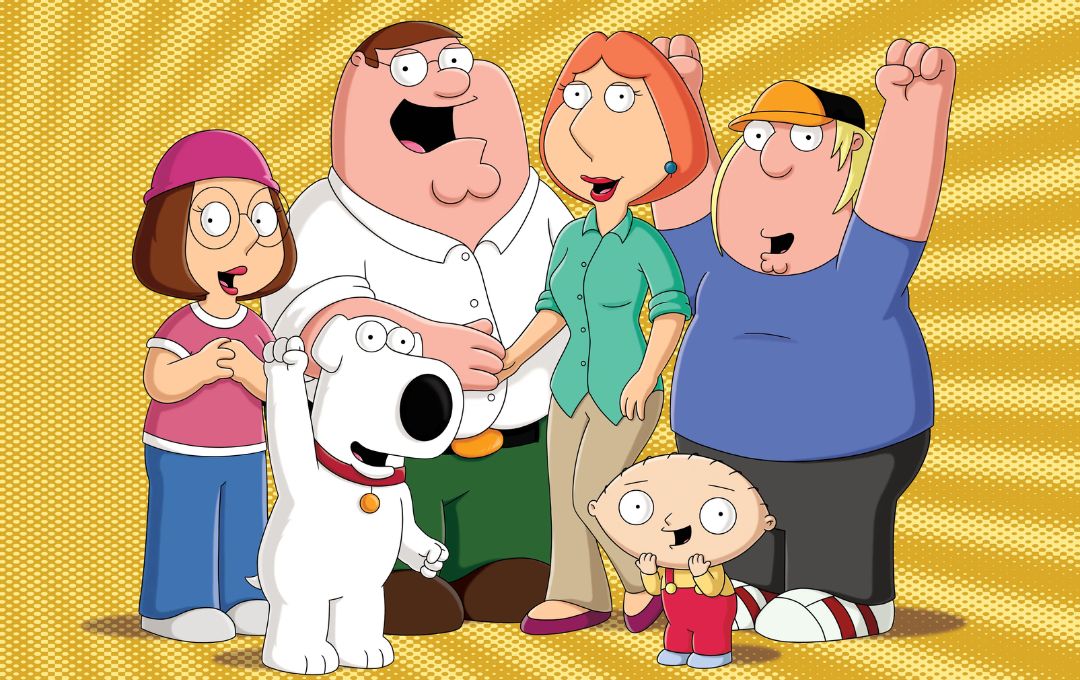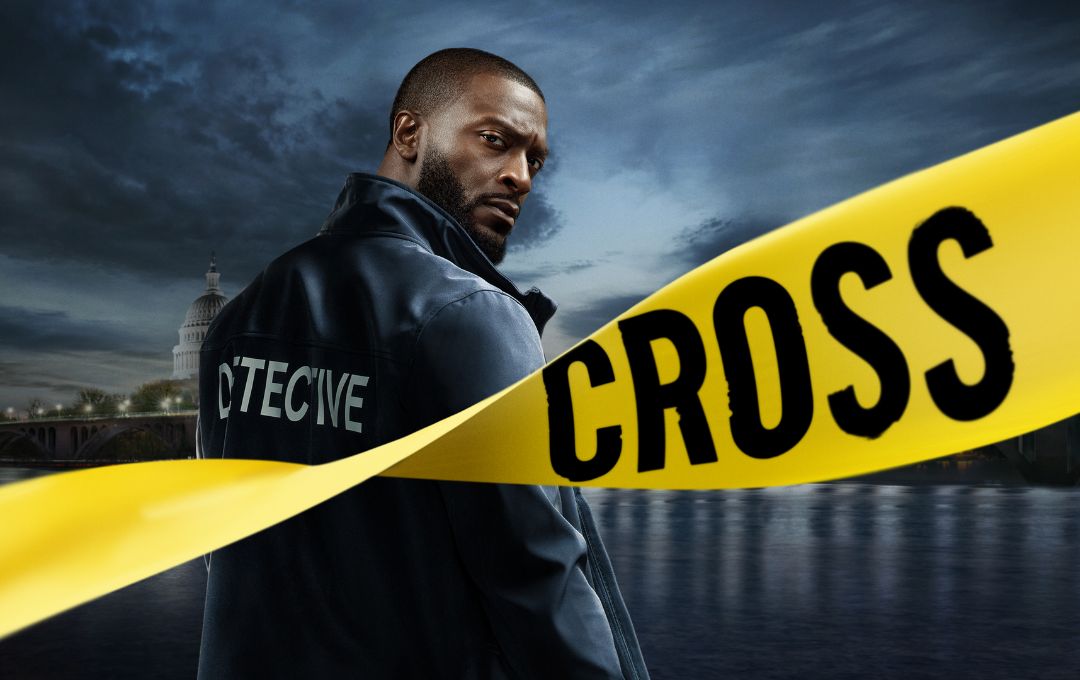10 Friends Episodes That Were Surprisingly Dark
Friends features several episodes that explore darker themes and subject matters, adding depth to its otherwise comedic narrative.

Despite its mostly light-hearted tone, Friends features several episodes that explore darker themes and subject matters, adding depth to its otherwise comedic narrative. Here are ten episodes that surprisingly delve into some darker territory:
The One with Ross’s New Girlfriend (Season 2, Episode 1)
The emotional turmoil of unrequited love is a key theme as Rachel grapples with Ross’s new girlfriend, Julie. The subplot involving Chandler and Joey inadvertently highlights troubling aspects of sexual assault culture, as Joey reveals a disturbingly normalized view of groping during tailor visits.
The One with Russ (Season 2, Episode 10)
While Rachel dates Russ, the episode reveals Monica’s relationship with “Fun Bobby,” who struggles with alcoholism. Monica’s push for Bobby to confront his drinking problem leads to a sobering realization of how alcohol can numb the painful realities of life, adding a darker undertone to the prevailing humor.
The One After The Superbowl (Season 2, Episodes 12 & 13)
This two-parter features Joey’s relationship with Erika, who believes he’s his character, Dr. Drake Ramoray. While largely comedic, the storyline revolves around her mental health issues, culminating in a dark conclusion where the gang tricks her into leaving, leaving the need for proper care unaddressed.
The One Where Eddie Won’t Go (Season 2, Episode 19)
Chandler’s experience with his erratic new roommate, Eddie, highlights deeper issues of mental illness as Eddie’s paranoia escalates. Though played for laughs, Eddie’s unstable behavior and Chandler’s manipulative attempts to rid himself of Eddie underscore unsettling realities about mental health.
The One Where Rachel Quits (Season 3, Episode 10)
This episode showcases Ross’s attempts to sell Girl Scout cookies, culminating in a heartbreaking reveal about Sarah, a young girl whose life is overshadowed by her gambling-addicted father. Her poignant comments about lacking basic necessities due to his addiction highlight a tragic side that starkly contrasts with the show’s usual lightness.
The One with Ross’s Wedding (Season 4, Episodes 23 & 24)
Ross’s wedding to Emily turns dark when he accidentally utters Rachel’s name at the altar, shattering Emily’s dream day. The pervasive sense of dread throughout the London trip, coupled with Joey’s homesickness, casts a shadow over what should have been a joyous occasion.
The One with All the Thanksgivings (Season 5, Episode 8)
The episode features flashbacks to various Thanksgivings, focusing on Monica and Chandler. The darkness here lies in the emotional scars—Monica’s weight loss triggered by Chandler’s cruel comment and the ramifications of his lost toe—revealing how past wounds can linger in relationships.
The One Where Rosita Dies (Season 7, Episode 13)
Phoebe’s job in sales leads her to a call with a despondent man contemplating suicide. The episode grapples unabashedly with themes of loneliness and mental health, highlighting Phoebe’s desperate efforts to connect and save him, making it one of the series’ most explicit explorations of such serious issues.
The One with Ross and Monica’s Cousin (Season 7, Episode 19)
Ross’s uncomfortable romantic interest in his cousin brings forth uncomfortable familial dynamics and strongly plays on taboo subjects. The humor used in the situation cannot entirely mask the underlying awkwardness and taboo nature of the scenario, marking it as a darker episode.
The One with the Fertility Test (Season 9, Episode 21)
This episode confronts the harsh realities of infertility as Chandler and Monica undergo fertility tests, leading to a heartbreaking revelation that they cannot conceive naturally. Their visibly distressing reaction breaks the usually upbeat tone of the show, offering an uncharacteristically somber moment amidst the laughs.
These episodes illustrate how Friends, while primarily a comedy, effectively tackled complex and darker narratives beneath its surface humor, revealing the multifaceted experiences of its beloved characters.
Source: Screen Rant






